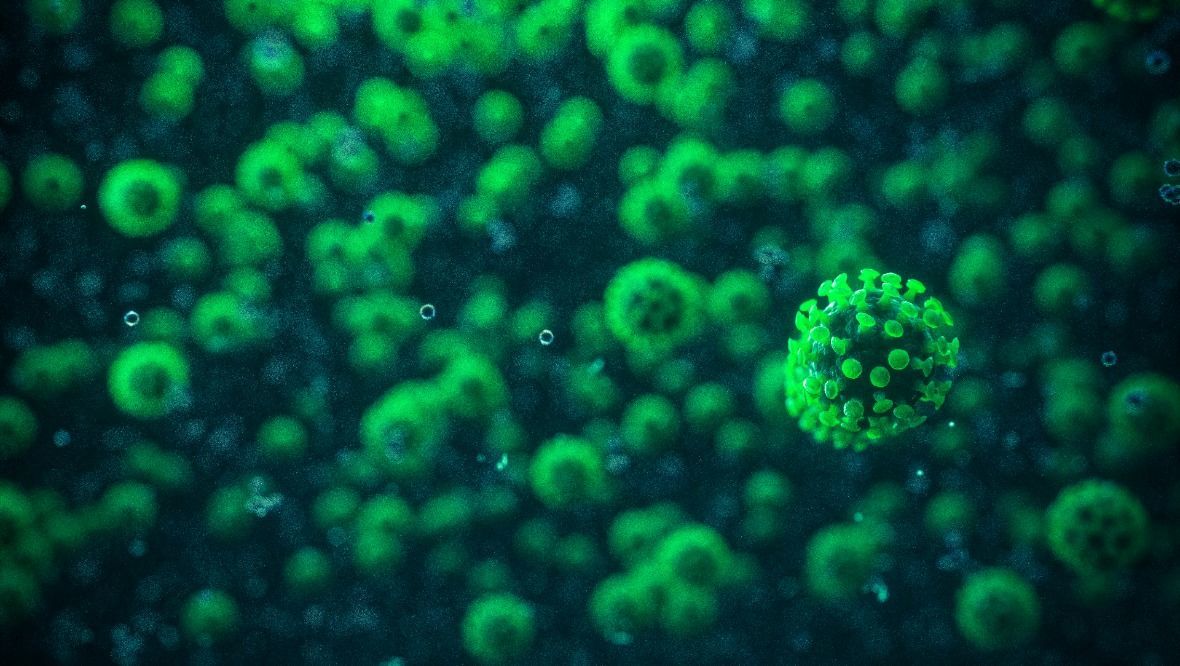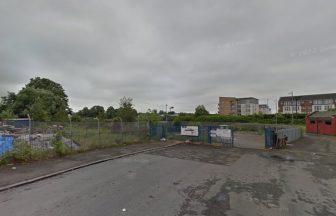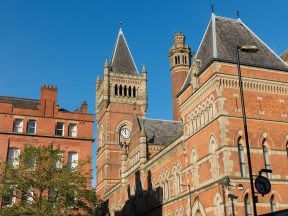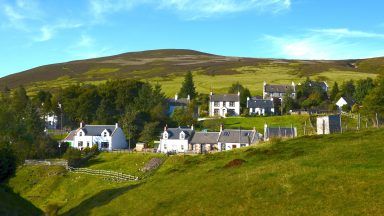Six cases of the new Omicron variant of Covid-19 have been identified in Scotland.
The Scottish Government revealed the positive cases on Monday.
Four are in the Lanarkshire area and two have been identified in Greater Glasgow and Clyde.
Some of the new cases have no travel history, which suggests there is a degree of community transmission.
Public Health Scotland and local health protection teams are supporting those involved and contact tracing is being undertaken to establish the origin of the virus and any individuals they have come into contact with in recent weeks.
Health Secretary Humza Yousaf confirmed the news as he urged the public to “redouble their efforts”.
He said: “This will be a worrying time for the six people now identified as having the new variant.
“All will receive expert help and support and Public Health Scotland will undertake enhanced contact tracing in all cases.
“This will help establish the origin of the virus and any further individuals they have come into contact with in recent weeks.
“There is still much to learn about the Omicron variant.
“Questions remain about its severity, transmissibility and response to treatments or vaccines and scientists are working at pace to provide additional information. Until more is known we must be cautious and do everything we can to minimise the risk of spreading infection.
“We have already taken steps and are aligning with the new border restrictions being introduced by the UK Government which will require fully vaccinated arrivals to take a PCR test within two days of arrival and to self-isolate until a negative result is received.
“These measures will be introduced as soon as possible and kept under constant review. However, we reserve the right to go further if necessary. We are also adopting the expanded red list of countries identified by the UK Government.
“This will also be kept under review.”
Yousaf also highlighted the need for a booster shot for those that are eligible.
He said: “We must now redouble our efforts to follow the basic rules that have served us well throughout the pandemic – wear a face covering on public transport and in all indoor settings for food and retail; open windows especially if you have people visiting at home; keep washing your hands regularly and thoroughly.
“Work from home where possible, take regular lateral flow tests – especially before mixing with others outside your household.
“If you have symptoms, self-isolate and take a test and if contacted by Test and Protect or public health teams please co-operate and follow their advice. All close contacts of suspected Omicron cases will be advised to self-isolate for 10 days, regardless of their vaccination status.
“And of course, if you are eligible for your booster, or are still to have any dose of the Covid-19 vaccine, please get vaccinated now.”
Scotland’s Deputy First Minister John Swinney told BBC Good Morning Scotland: “We obviously have some travel history on some of the cases, I don’t have all of that detail available to me at this stage, but on some of the cases we are aware that there is no travel history involved on some of the cases.
“So what that tells us is that there must be a degree of community transmission of this particular strain of the virus in the absence of direct travel connection for some of the cases in the southern African area.
“So that obviously opens up further challenges for us in terms of interrupting the spread of this particular strain of the virus and that will be the focus of the contact tracing operation that is under way already.”
The first two cases in the UK – in Nottingham and Essex – were announced on Saturday, while a third Omicron case was detected in the UK on Sunday in a person with travel links to southern Africa.
Britain will convene an urgent meeting of G7 health ministers on Monday to discuss the variant first detected in South Africa amid concerns it could spread rapidly and partially evade existing jabs.
Follow STV News on WhatsApp
Scan the QR code on your mobile device for all the latest news from around the country


 iStock
iStock























